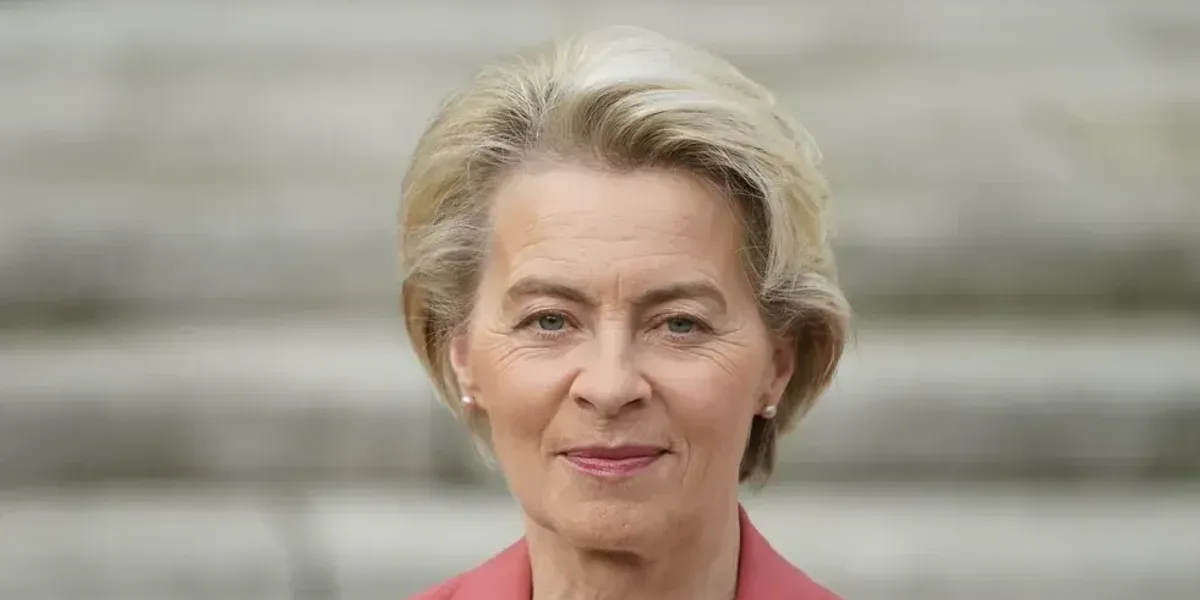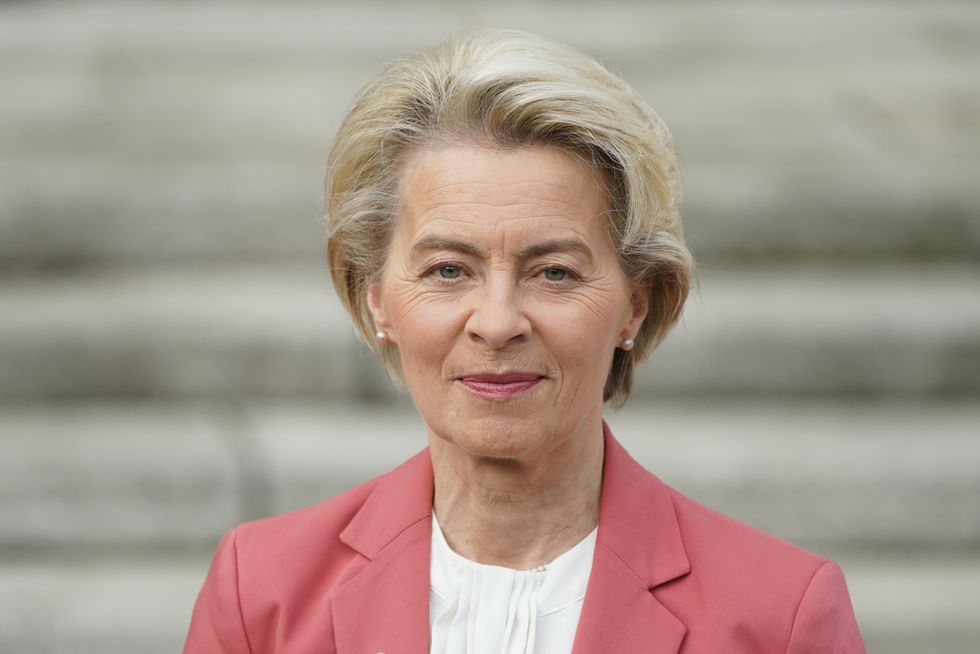
 Press Releases
Press Releases 
As the European Union gears up to head to the polls this summer, there has been a bigger than expected focus on one particular member state.
The importance of Romania’s upcoming election is underscored by the number of major EU figures that have visited the capital in recent weeks.
Last month, Ursula von der Leyen held her major nomination event at the European People’s Party congress in Bucharest, bringing a number of key centre-right figures with her.
Just yesterday, European Council President Charles Michel took his own trip to Romania, alongside Belgian Prime Minister Alexander de Croo and other EU leaders.

As the European Union gears up to head to the polls this summer, there has been a bigger than expected focus on one particular member state
PA
And over the weekend, Europe’s Socialists and Democrats will hold a rally in the capital with their lead candidate for the EUelections, Nicholas Schmit. Also in attendance will be Germany’s Chancellor Olaf Scholz and Sweden’s ex-PM Stefan Löfven.
But why the sudden focus on Romania?
The country is strategically important – but also increasingly politically contentious for the EU.
Since it was granted members status, the country has been seen as a pro-EU, centre right strong hold.
But recent polling suggests that discontent with the current EU leadership is growing. While far-right parties have been a fringe phenomenon for the past two decades, the Alliance for the Union of Romanians (AUR)’s support base is growing.
Recent polling put it at around 20 per cent support – marking a distinct shift away from centrist parties being the only mainstream option in Romania.
But as well as being a political factor in the upcoming EU elections, there is also a wider geo-political element to Romania’s internal politics.
Given the AUR has a distinctly anti-Ukraine stance, any growth in the party could impact the role Romania plays in Nato’s support for the war-torn nation.
Located on the Black Sea, between Ukraine and the Western Balkans, the country played a significant role in the transport of weapons from the military alliance to Ukraine. And last month construction began on Nato’s biggest European military base, expected to host up to 10,000 personnel.
There has typically been a strong scepticism of Russia’s influence in Romania, but there is a risk that this could shift if the AUR makes too much headway.
With four elections taking place in Romania this year – local, European, parliamentary and presidential – it’s position as a stable support base for EU policy hangs in the balance.
24World Media does not take any responsibility of the information you see on this page. The content this page contains is from independent third-party content provider. If you have any concerns regarding the content, please free to write us here: contact@24worldmedia.com